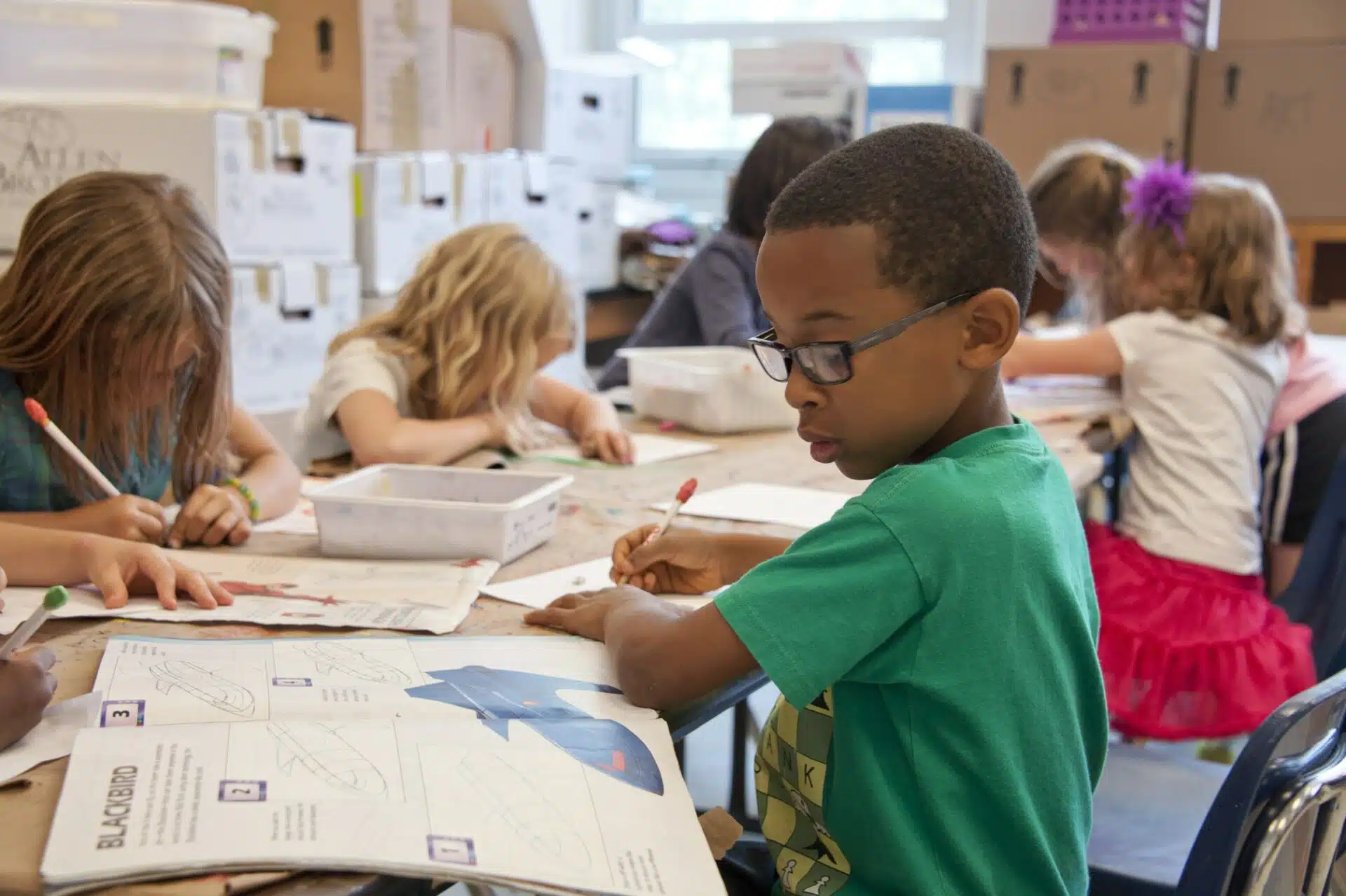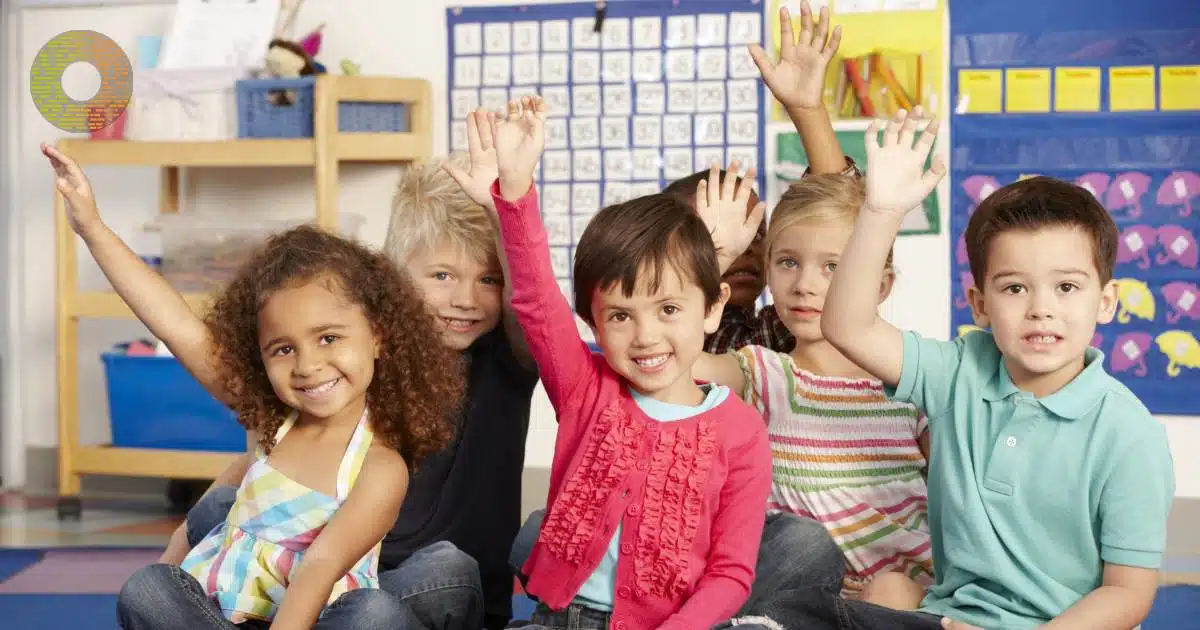Top Tips For Teaching Young Learners
Join a global community of over 200,000 TEFL teachers working throughout the world! Enrol me!
Whether you like them or not (!), teaching Young Learners is the reality for the majority of EFL teachers all over the world. The thing is, your TEFL course probably didn’t prepare you very well for teaching Young Learners. That’s because the TEFL course – and other TEFL training courses – is aimed at teaching English to adults.
But if you find yourself being one of the many TEFL Young Learner teachers, you may find you need to do some research. You may need to brush up on your knowledge and understanding of Young Learners and how to teach them. Because teaching Young Learners is a completely different ball game to teaching adults. If you have children or have experience with children then you will know this all too well!
But if you don’t have any experience with children, here are a few tips to help you get to grips with teaching Young Learners:
Top tips for teaching Young Learners

Build rapport
Building rapport is important with all learners but it can be trickier with Young Learners. Don’t expect to have good rapport with your Young Learners immediately. It can take time. Be sure to play getting-to-know-you games and make sure you remember (and use) their names.
Make rules
Young Learners thrive on systems and boundaries. Make sure you put these into place early on so your learners know where they stand.
Create routines
Routines are essential for Young Learners. Young Learners need to know what is expected of them and what they are and aren’t allowed to do at certain times. Having a set routine and an established set of rules will help prevent discipline issues.

Promote positive behaviour
Instead of punishing “bad” behaviour, rather compliment and praise positive behaviour. Reward charts, prizes or stickers are all good ways to promote the behaviour you’d like to see in your classroom.
Use visuals
Visuals help massively when teaching Young Learners. Flashcards are an easy way to incorporate visuals into your lessons. Flashcards can be an effort to make but they can be kept for later use. Plus, there are loads of flashcard games that can be played in the classroom.
Play games
Do we even need to mention this? Young Learners love games. Games provide fantastic learning opportunities. Make sure you have an arsenal of games for your Young Learner lessons.
Be authentic
Don’t try to pretend with Young Learners. They are very good at knowing when you are being genuine. Be yourself and you will build a better relationship with them.

Have fun
This should go without saying. Young Learners are naturally fun-loving. Having a fun teacher who clearly enjoys being in the classroom is necessary for your Young Learners to relax and learn.
Accreditation Partners
The TEFL Academy was the world’s first TEFL course provider to receive official recognition from government regulated awarding bodies in both the USA and UK. This means when you graduate you’ll hold a globally recognised Level 3 (120hr) Certificate or Level 5 (168hr) Diploma, meaning you can find work anywhere and apply for jobs immediately.
 United States
US
United States
US












